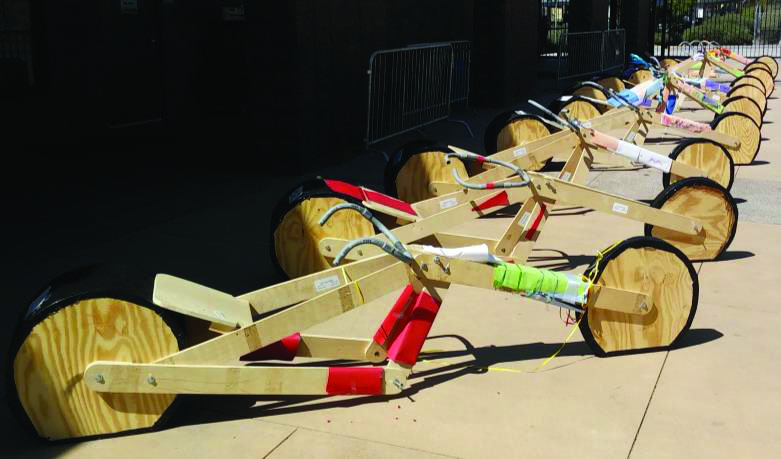TPS Publishing Inc. has developed a number of products for New York state. These products include: Science is a Verb, Critical Thinking and Recycled Science among others. TPS believe that Science is something that should be done as well as discussed. Our products encourage teachers and students to ask questions, correct misconceptions, explore scientific process and use these learning methods to build a strong scientific knowledge.
NEW YORK
CRITICAL THINKING IN SCIENCE OPEN-ENDED QUESTIONS
This book is designed to give your students practice in answering open-ended questions in science. You can use them in a number of ways including, but certainly not limited to, review for state exams, as formative assessments during a unit, as homework, or as a “Do Now” to begin class. More and more standardized tests are using open-ended questions, that is, “short” and “extended” response questions to help determine what your students know and are able to do. “Short” may mean a few words or the labeling of a simple diagram and “extended” may mean several sentences or a paragraph of the design of an experiment. All New York State Regents exams, as well as those testing elementary and intermediate learning standards, at grade 4 and 8 respectively, use open ended questions. Along with the traditional multiple choice (or “selected response”) questions, students will be required to write about what they know. Most often, open-ended questions begin with a few paragraphs describing some scenario. The scenario includes several scientific concepts with which the student should be familiar. The paragraphs are followed by questions that ask the student to apply what he or she knows about the topic. Sometimes the student will be asked to complete a graph, draw or label a diagram, analyze some data that is graphically represented, or some other skill common to science learning. Often these questions are referred to as “reading comprehension”. This is a misnomer. Of course students need to comprehend what they are reading, but open-ended questions, as they are presented on standardized science tests, are better called “real-world application”. They require the student to read and understand the situation described but also to apply the science concepts studies in order to answer the questions. Usually there are several questions asked about each situation presented. Students are required to draw on the science they have learned over time to make sense of this new context and accurately answer the questions. Questions are often “scaffolded” to help the student come to the final answer in a step by step way. They are often given hints in the question itself, such as “be sure to include…in your answer”. |
- Sample pages; try it out!
Are you a visual learner? You can see samples of our programs- click here. Sample pages – from our Prekindergarten to Grade 12 programs are available using digital access and or by downloading the sample chapter to try in your classrooms/home.

